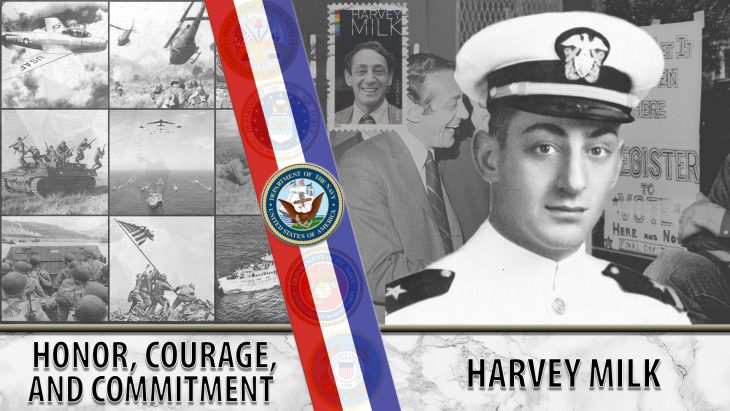
Enshrined in the Navy Core Values Charter are honor, courage and commitment. Navy Veteran Harvey Milk upheld each of those values as he advanced gay rights.
From the Navy’s founding to the modern day, its members – active, reserve and civilian – are bound to the values of honor, courage and commitment. Navy Veteran Harvey Milk held onto each of those values throughout his civilian life with great care. When he made history by becoming California’s first openly gay elected official in 1978, it was clear that Milk had integrated the Navy’s core values into his activism. He effused the values of honor, courage and commitment as he fought to expand gay rights. Though his life was cut short after being assassinated less than a year in elected office, it was clear that his life and legacy exemplified the Navy’s core values.
Milk knew that he was gay at an early age but kept his sexuality private for much of his life. Growing up, he loved going to the Metropolitan Opera in Manhattan, New York. He not only loved the music but also felt a sense of belonging in the building’s standing room, a popular gay hangout. Fearing his mother’s disapproval, Milk kept his sexuality to himself. But by age 14, Milk felt he could not keep suppressing his identity and decided to come out to himself and a few friends – a decision, which before the gay liberation movements of the 1970s, was an affirmation of one’s love-of-self rather than a public statement.
Still keeping his sexuality hidden, Milk enlisted in the Navy during the early 1950s. He served three years and 11 months before being discharged at the rank of lieutenant, junior grade. The type of discharge he received and the reason for his discharge is debated, but archives in the San Francisco Public Library suggest that Milk was given an “other than honorable” discharge. In released naval records, it was discovered that Milk was threatened with being court-martialed for allegedly participating in a “homosexual act,” illustrating the rocky relationship he had with his superiors.
After being discharged, Milk drifted across multiple states for the next decade of his life. In 1972, he settled down in San Francisco’s Castro district and opened a camera shop.
Swept up by the Castro’s gay liberation momentum in the 1970s, Milk found his way to fight for the gay community: politics. Mustering up the courage to run as an openly gay man was hard enough. Kickstarting his political career was, however, an even harder task. Milk ran for office three times, in 1973, 1976 and 1977, losing each one.
Despite having suffered many defeats, Milk refused to give up and remained committed to the expansion of gay rights. In each failed election, he gained more votes. In 1977, after reforms to how San Francisco conducted its elections, Milk ran for the San Francisco Board of Supervisors and won.
Sworn into office in 1978, Milk became one of the city’s most vocal gay rights defenders. That same year, California Proposition 6, an initiative to ban gay and lesbian people from working in public schools, was scheduled for a vote in November. Milk launched a tireless campaign to defeat the initiative. On Nov. 7, 1978, the night that Proposition 6 was defeated in a landslide, Milk gave a speech and said, “Every gay person must come out.” This message marked a stark contrast with how Milk privately came out when he was 14.
Throughout his political career, Milk always knew his chances of being assassinated were high. On Nov. 27, 1978, disgruntled fellow city supervisor, Dan White, shot and killed Milk.
Even death could not stop Milk from making his voice heard. Fully knowing his high likelihood of being killed, he made a tape-recording only to be released if he was assassinated. In that recording, just as he said throughout his short political career, he called for gay people “to come out. Only that way will we start to achieve our rights.”
In 2019, recognizing Milk’s legacy and dedication to gay rights, the Navy began constructing a fleet oiler that they intend to name in his honor, USNS Harvey Milk.
Embodying the values of honor, courage and commitment through his gay activism, Milk upheld his duty as a member of the Navy.
We honor his service.
Writer: Calvin Wong
Editors: Katherine Berman, Christopher Wilson
Fact Checker: Monique Quihuis
Graphic Designer: Roni Ruadap
Topics in this story
More Stories
Bernie Webber led one of the greatest Coast Guard rescues in history that was later chronicled in the book and movie, “The Finest Hours.”
As the events of 9/11 unfolded, Marine Veteran Robert Darling served as a liaison between the Pentagon and Vice President Dick Cheney in the underground bunker at the White House.
NASA astronaut Neil Armstrong was the first person to walk on the moon. He was also a seasoned Naval aviator.

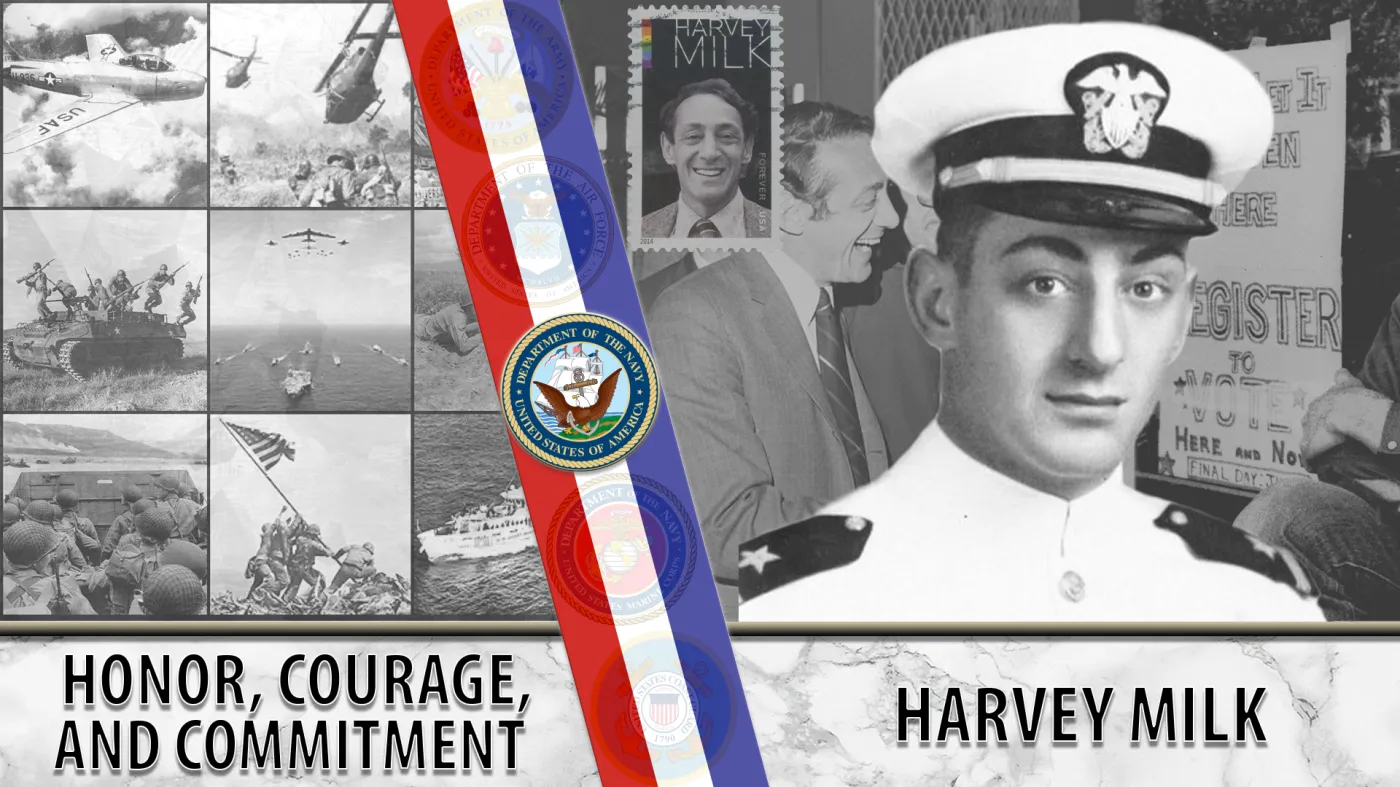
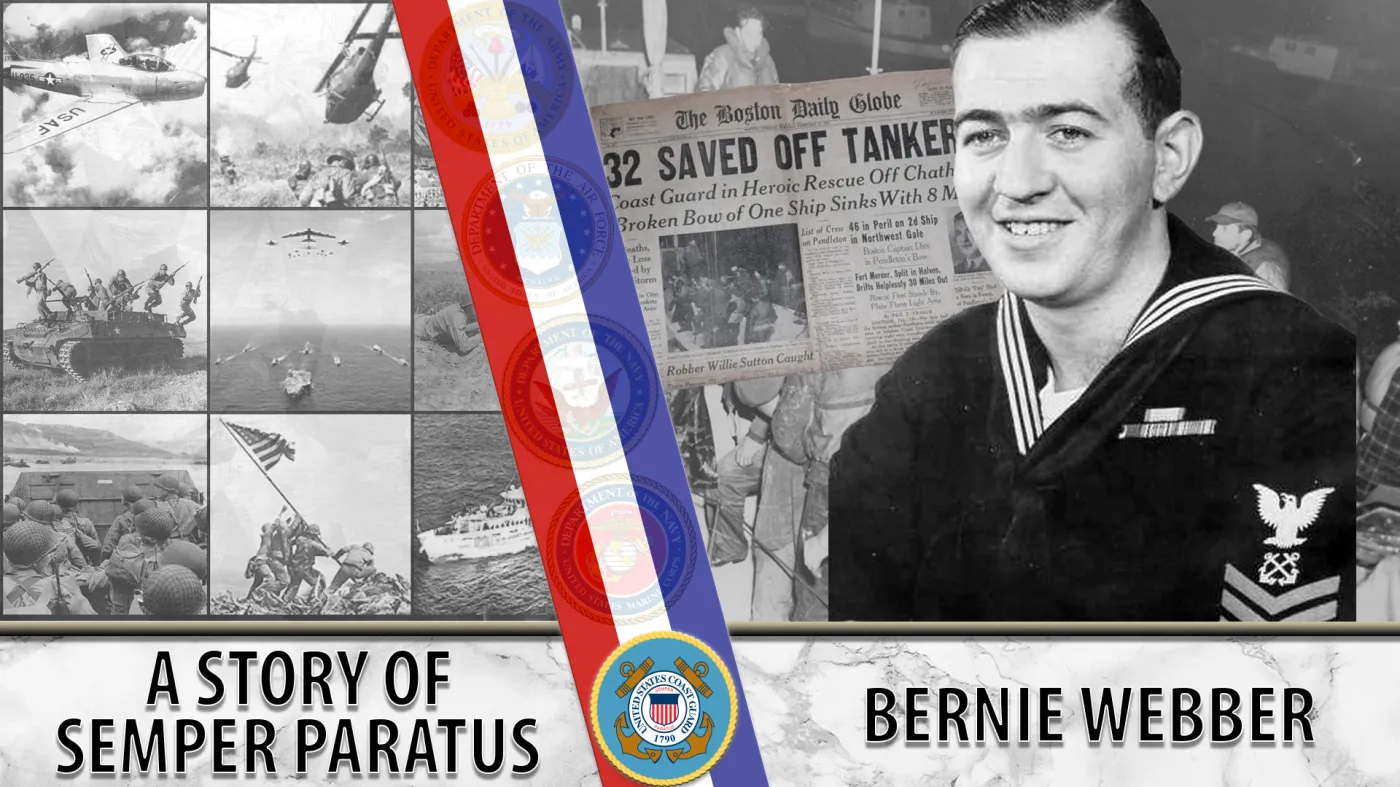
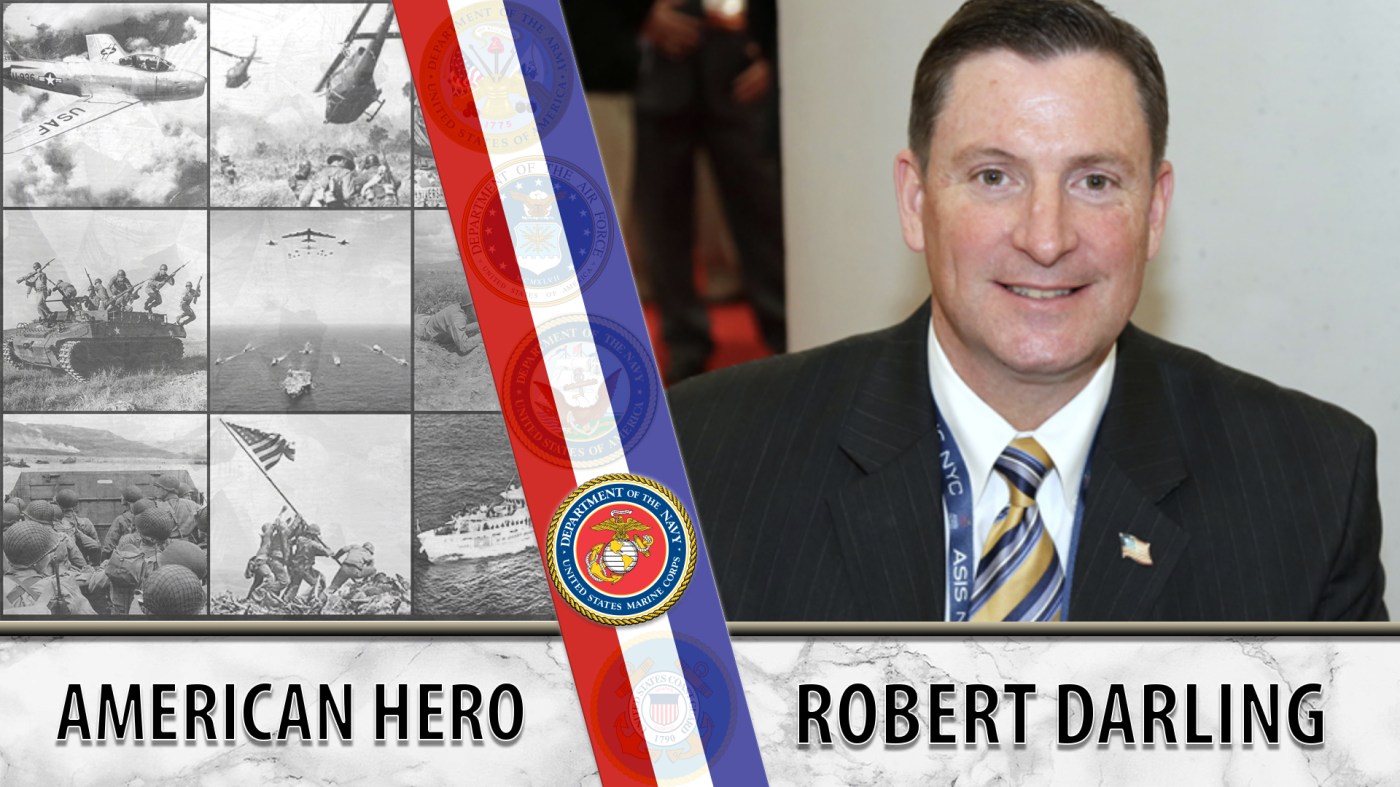
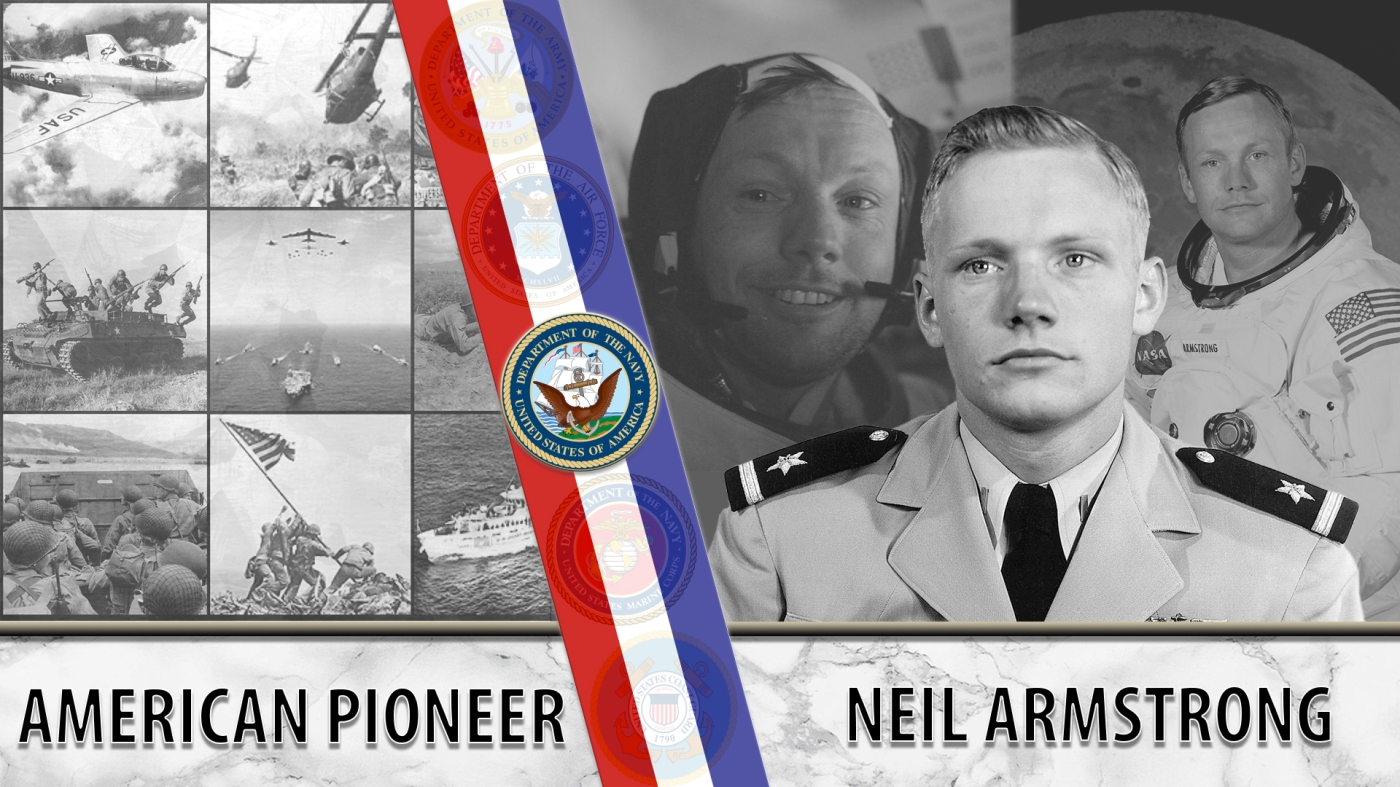

Name a navy ship after Harvey Milk? Are the navy brass that stupid or intimidated that they would name a ship after someone who did nothing outstanding during his time other than commit a sex act and get an other than honorable discharge? I know of a few guys that got drunk who I can recommend to the navy bigwigs. Maybe they can name a whole fleet after them.
Oliver Sipple and his family probably see this differently. Milk was an opportunist, who bloviated and pranced not caring how he might negatively affect others, whom he claimed to speak for.
It is absolutely fantastic to see the Military honoring ALL its Veterans instead of the select few! To my personal knowledge I did serve with approximately a dozen or so gay and lesbian Soldiers and Airmen during my time; they were every bit as dedicated and honorable as the rest of us. Most of them were my friends.
If they have not done so yet, the next step for the Navy should be to correct Harvey Milk’s discharge status. In fact EVERY Military discharge that is less than honorable for reasons of a person’s LGBTQ+ status needs to be reviewed and corrected.